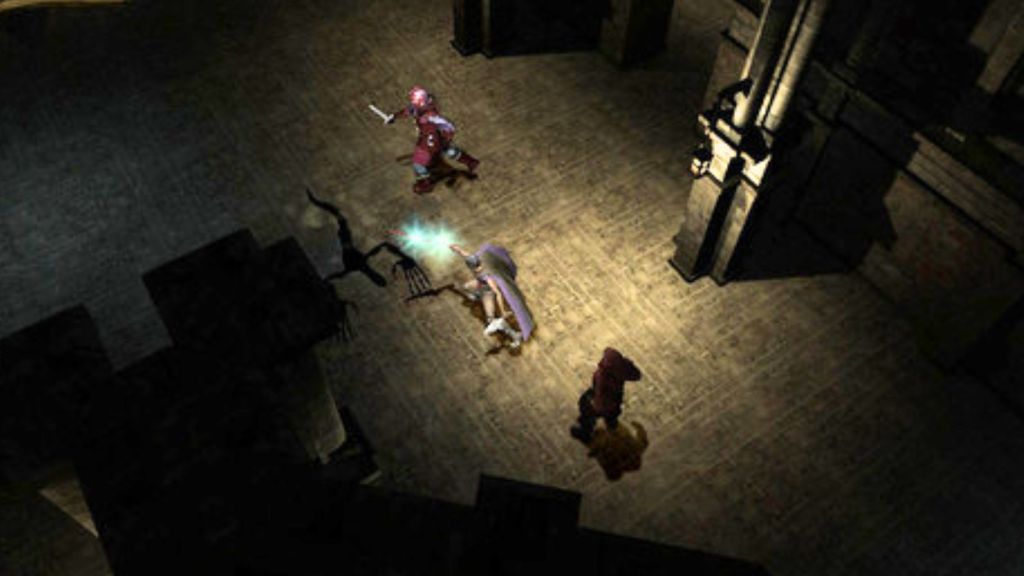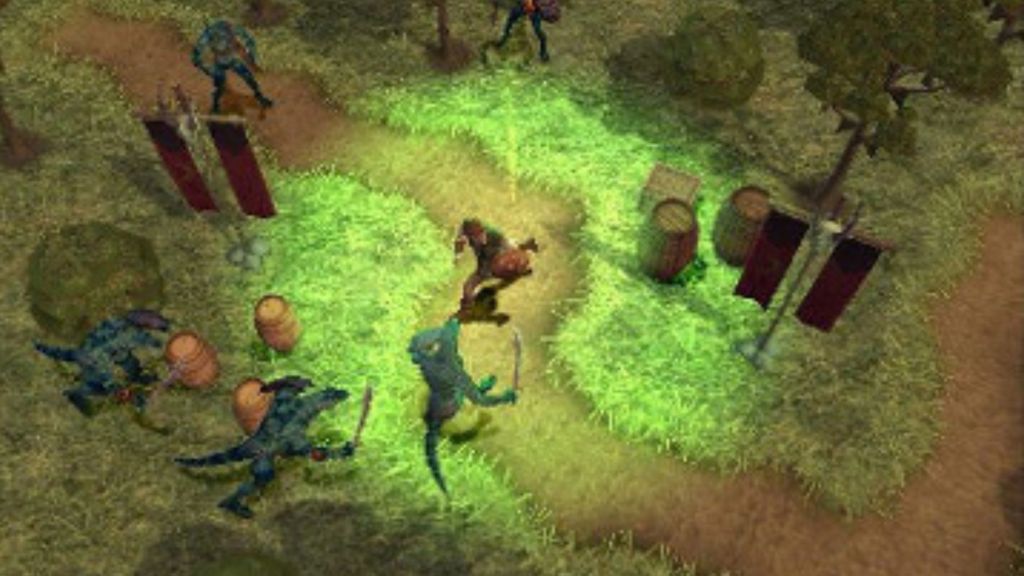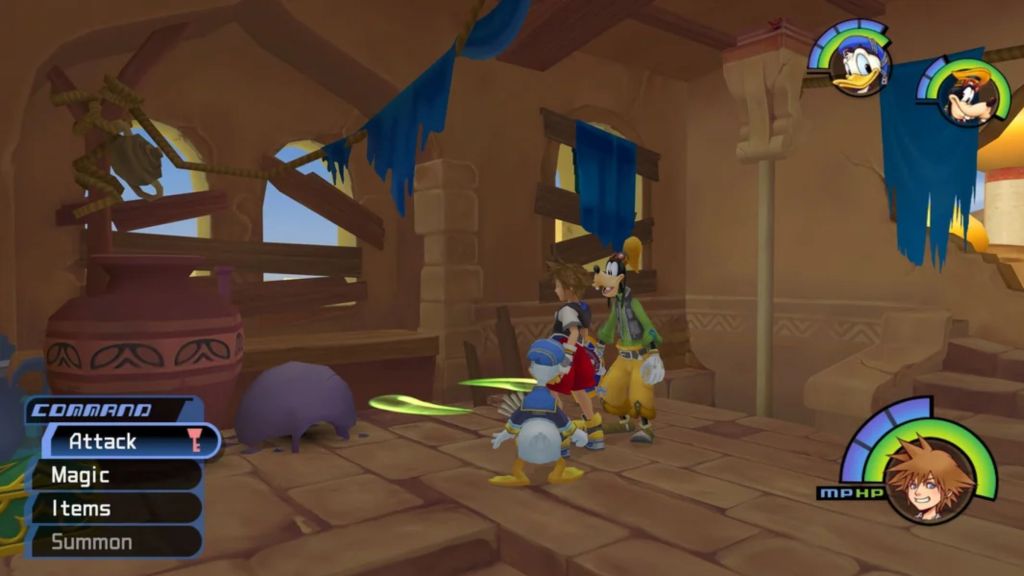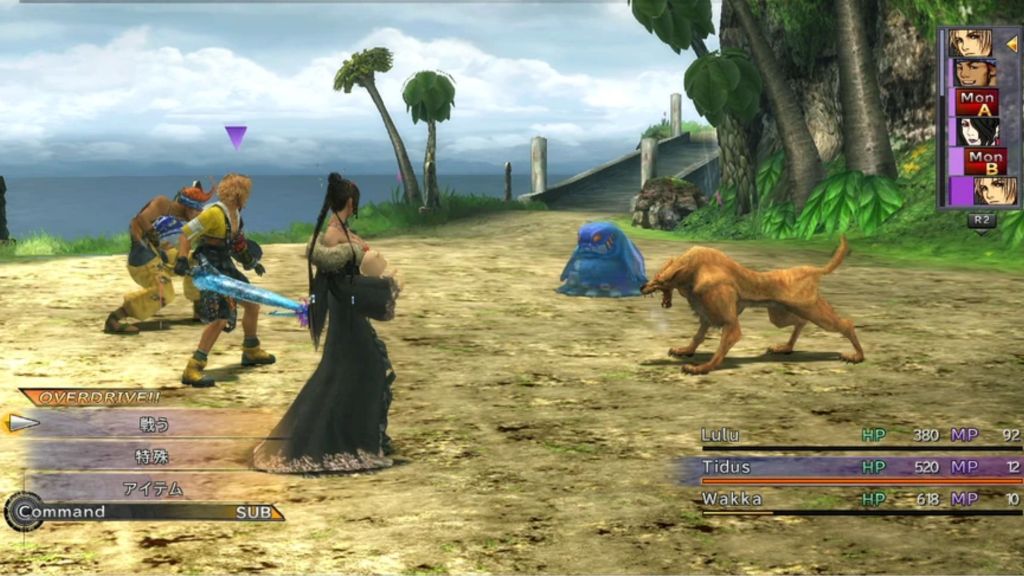Entertainment
Pretty much since we’ve had video games, we’ve had RPGs. The genre is popular for a reason, bringing character customization and satisfying progression. But over the years, the genre has changed and shifted. Some mechanics and conventions have fallen out of favor, replaced by new trends. While many of these changes are to the good of the genre, some classics were beloved for a reason. And that means fans want to see some older RPG mechanics return to modern games.
Entertainment
Videos by ComicBook.com
Live service, online multiplayer, and the popularity of open worlds have had a big impact on how modern RPGs are shaped. Things like turn-based combat and small, time-locked maps have fallen out of favor. But not all older mechanics necessarily deserve to be forgotten in modern RPGs. These 5 RPG mechanics have been largely forgotten in modern games, but they deserve to make a comeback.
5. Local Co-Op

Once upon a time, many RPGs offered local co-op where you could experience the adventure together with another player. Some of my fondest video game memories involve playing Baldur’s Gate: Dark Alliance with my brother IRL. We got to enjoy the game’s full story, playing through together, rather than one of us sitting on the bench or taking turns. It made the game so much more memorable and fun to experience, and I wish that more modern RPGs made space for that kind of experience.
These days, many games focus entirely on online, remote multiplayer options over couch co-op. That makes it tricky to find a good game you can really dig into with a friend or family member. Co-op games are often relegated to specific genres, and true 2-player experiences are rarely integrated into RPGs.
4. Smaller, More Detailed Maps

With the popularity of open-world video games, it seems like developers go into making RPGs with the assumption that they must be open-world. I love a far-flung adventure like Skyrim as much as the next RPG fan, but there’s something to be said for the nuance and care that went into crafting those smaller maps.
More streamlined narratives and exploration have their place, but many modern RPGs leave behind those small but detailed maps in favor of large, often empty worlds. Sometimes, exploring small areas can be more satisfying, especially for completionist gamers. You get the sense that you really get to know the world and uncover hidden easter eggs along the way. It’d be nice to see more RPGs prioritize worldbuilding rather than world size again.
3. Fixed Save Points

This is a controversial take that’s debated among RPG fans. Many RPGs in the early days had fixed save spots you had to reach to save your progress. This was a big point of friction that upped the stakes of making sure you survived encounters, because you’d lose progress if you died before hitting that checkpoint.
Most RPGs nowadays have autosave options that let you save whenever you want. As a gamer who dies a lot in action RPGs, I admit I’m kind of thankful for this change. However, it does remove some of the stakes if you don’t need to reach a glowing save spot to maintain your progress. Those who like a good challenge have fond memories of fixed save spots, while others are happy not to have to repeat large chunks of games. At any rate, this is something you don’t often see anymore that many RPG fans would like to see return.
2. Random Encounters

When wandering the wilds or delving into a dungeon, games used to spawn random battles without warning. You’d suddenly see the screen shatter in Final Fantasy, and boom, combat began. You couldn’t really avoid these kinds of encounters because there was no warning for them.
In modern RPGs, this has largely been replaced with visible overworld enemies. It goes hand in hand with a move away from turn-based combat towards real-time battles, which are fought right in the overworld. But it does mean you can avoid encounters by simply not walking towards the visible enemies on the map. This is another way that modern RPGs remove friction, which not every fan appreciates. Random encounters added a grittiness to RPGs, and it’d be nice to see them return to popularity.
1. Strict Alignment and Karma Systems that Impact the Narrative

Many earlier RPGs had alignment and karma systems that would shape your playthrough. This often impacted your character’s reputation and the ultimate ending of a game, and fell into fairly strict good and evil binaries. Fable, in particular, is well known for this, with your character’s actual appearance changing based on your alignment throughout the game.
Now, narrative choices in games are often a lot more nuanced. That can be done well and make for an engaging narrative, like Baldur’s Gate 3. But it can also result in much smaller impacts from your choices, leading to narratives that don’t shift as dramatically based on what you choose to do. Bringing back more obvious alignment systems could help ensure that RPG choices really feel impactful and bring back that classic good vs. evil feeling.
What RPG mechanics do you want to see make a modern comeback? Leave a comment below and join the conversation now in the ComicBook Forum!
Read More
Amanda Kay Oaks
